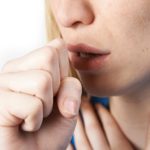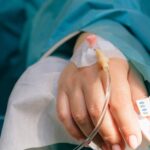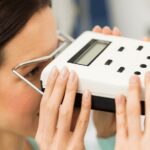Tips or Concussion Recovery
A simple blow to the head may seem painful for a moment or even nothing to worry about. But sometimes a simple blow can be much more. Or it can happen that a serious blow to the head occurs during a bend in the wing, an accident at home or during sports. When the brain shakes inside the skull, it is called a concussion, which is a form of traumatic brain injury. Some concussions are mild, while others are more severe, but regardless of diagnosis, restoring concussion is important for overall health and return to normal daily activities.
If there is a suspicion of concussion, it is always recommended to consult a doctor.
Symptoms of concussion may include loss of consciousness, several immediately after an injury, headaches, dizziness, ringing in the ears, feeling of cranial pressure, nausea or vomiting, a feeling of embarrassment or mental confusion and fatigue. Sometimes the onset of symptoms occurs almost immediately, and in other cases, the symptoms may appear slowly within a few days after the incident.
In any case, it is always important to carefully monitor the symptoms after a possible brain injury, since an accurate diagnosis will determine the recovery from concussion. After a head injury, it is better to speak with a medical professional like an osteopathy doctor. Most likely, you will take an exam to evaluate some or all of the following factors: balance, strength and coordination, vision, memory and concentration, hearing and reflexes. In more severe cases, you may need to request additional evidence.
However, the evaluation described above, along with the patient’s symptom report, often dictates the recommended course of treatment and recovery for concussion in a concussion management clinic. Usually, the first course of treatment and recovery after a concussion is only for the patient to relax. When rest is prescribed, it means complete rest both physically and mentally. This may include lack of television, school or work, lack of reading, video games and definitely no physical activity apart from normal daily activities. This, of course, is easy enough for home care. Together with the rest, it is often recommended that a friend or family member be with the patient during the first days after the injury.
Summary
In addition to relaxation, other tips for home care include reducing discomfort caused by concussion, including headache. Depending on how the concussion occurred, other physical efforts and discomfort may occur. Osteopathic manipulations, such as soft tissue manipulations, cranial osteopathy and myofascial release, are alternatives to prescription or over-the-counter medications or other more invasive treatments.






